Compost and vermicompost are two different organic materials. Compost and vermicompost share many similarities, the key difference lies in the process of decomposition. Composting is a traditional method involving the decomposition of organic matter by microorganisms, while vermicomposting is a specialized form that uses earthworms (such as red wigglers) to enhance the decomposition process, resulting in vermicompost. Here we have discussed other differences and similarities between compost and vermicompost.
Compost and Vermicompost
Both compost and vermicompost are valuable for improving soil structure, enhancing soil fertility, and promoting healthy plant growth in gardens and agriculture. While both compost and vermicompost are valuable for enriching soil, vermicompost is produced with the help of earthworms and tends to be richer in nutrients, making it a preferred choice for many gardeners and farmers.
What is Compost?
Compost is a nutrient-rich, dark, and crumbly organic material that is created through the natural decomposition of organic waste. This waste can include kitchen scraps like fruit and vegetable peels, coffee grounds, and eggshells, as well as yard waste such as leaves, grass clippings, and small branches.

Composting is a process where microorganisms, like bacteria and fungi, break down the organic matter into compost. This process occurs in a compost pile or bin, where the waste materials are regularly turned and aerated to encourage decomposition. Over time, these organic materials break down into compost, which is a valuable soil conditioner and fertilizer. Compost improves soil structure, provides essential nutrients to plants, and enhances the overall health of gardens and landscapes. It is an eco-friendly way to recycle organic waste and promote sustainable gardening practices.
What is Vermicompost?
Vermicompost is a nutrient-rich organic fertilizer and soil conditioner produced through the composting process using specific species of worms, typically red wigglers (Eisenia fetida) or redworms. These worms consume organic waste materials such as kitchen scraps (like fruit and vegetable peels, coffee grounds, and paper) and produce nutrient-rich castings, which are their waste products.
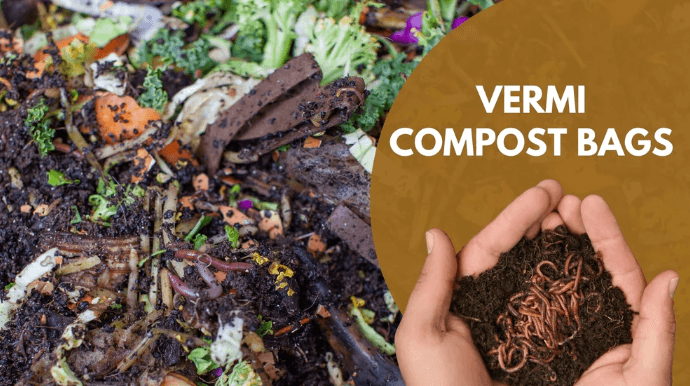
During vermicomposting, these worms break down the organic matter, turning it into a fine, dark, and granular substance known as vermicompost or worm castings. Vermicompost is highly valued for its rich nutrient content, beneficial microorganisms, and improved soil structure. It contains essential plant nutrients in forms that are readily available to plants, making it an excellent natural fertilizer for gardens, potted plants, and agricultural crops.
Difference Between Composting and Vermicomposting
Compost and vermicompost are both organic materials that are rich in nutrients and used to enhance soil fertility, but they are produced through different processes and have many other differences. Some of the Differences are tabulated below:
| Difference Between Compost and Vermicompost | ||
| Aspects | Compost | Vermicompost |
| Definition | Compost is a decomposed organic matter through the aerobic process (without worms). | Vermicompost is a decomposed organic matter through the activity of special earthworms (red worms). |
| Ingredients | Compost is made up of plant material, kitchen waste, yard debris, and sometimes animal manure. | Vermicompost is similar to compost, but processed with the help of earthworms. |
| Microorganisms | Naturally occurring bacteria and fungi. | Enhanced presence of beneficial microbes due to earthworm activity. |
| Nutrient Content | Compost contains nutrients like nitrogen, phosphorus, and potassium. | Virmicompst is richer in nutrients, especially nitrogen, phosphorus, potassium, and beneficial enzymes. |
| Texture | The compost is a well-structured, crumbly texture. | Vermicompost is of fine, granular texture. |
| pH Level | Compost generally has a neutral pH. | Slightly acidic pH due to worm activity. |
| Odor | Compost generally has an earthy, natural smell. | Vermicompost generally has an earthy smell and is less likely to produce a foul odor if managed properly. |
| Production Time | The production of compost takes several months to a year to fully decompose. | Faster decomposition due to worm activity, typically a few months to produce usable vermicompost. |
| Temperature | Compost temperature may rise during decomposition. | Vermicompost maintains a stable temperature due to worm activity. |
| Aeration | Regular turning or aerating is required. | Self-aerating due to worm movement through the organic material. |
| Uses | Compost is used in soil amendment, mulching, and plant enrichment. | Vermicompost is used as an excellent organic fertilizer and soil conditioner. Can also be used for seedlings, houseplants, and gardens. |
Similarities Between Compost and Vermicompost
Compost and vermicompost are both organic materials that result from the decomposition of organic matter, and they share several similarities. Here we have discussed a few similarities between compost and vermicompost:
- Organic Matter Decomposition: Both compost and vermicompost are created through the natural decomposition of organic waste materials such as kitchen scraps, yard waste, and plant residues.
- Nutrient-Rich: They are both rich in nutrients, making them excellent neutral fertilizers for plants. Both compost and vermicompost provide essential nutrients like nitrogen, phosphorus, and potassium that are beneficial for plant growth.
- Soil Conditioning: Compost and vermicompost improve soil structure and texture. They enhance the soil’s ability to retain moisture and promote aeration, creating a healthy environment for plant’s root systems.
- Microbial Activity: Both materials are teeming with beneficial microorganisms such as bacteria, fungi, and other decomposers. These microorganisms aid in breaking down organic matter and enriching the soil.
- Environmentally Friendly: Both composting methods contribute to reducing the amount of organic waste in landfills, which helps in waste reduction and is environmentally sustainable.
- Natural Pest Control: Both compost and vermicompost can contain natural substances that act as repellents against certain pests, making management in gardening.
- pH Balance: Compost and vermicompost generally have a neutral pH or slightly acidic pH, which is beneficial for a wide range of plants. They can help balance the soil’s pH, providing an optimal environment for plant growth.

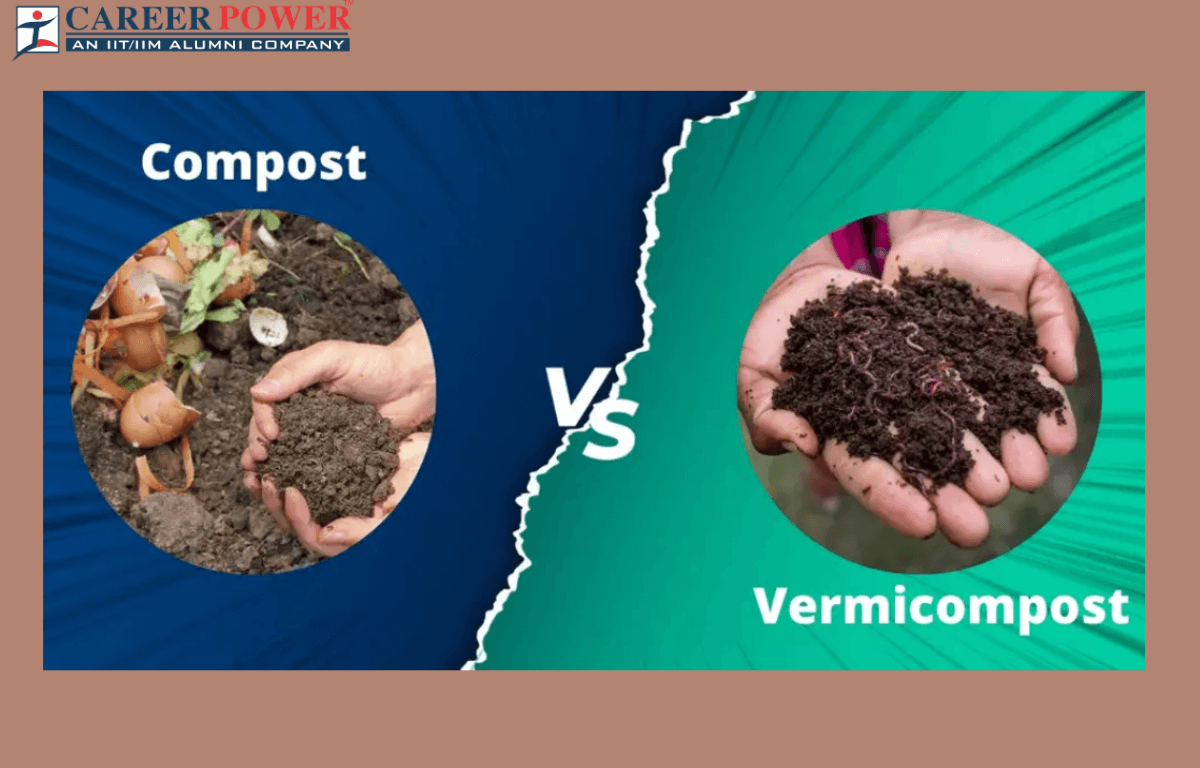

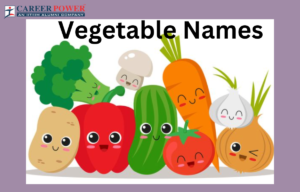 50 Vegetables Name for Kids in English a...
50 Vegetables Name for Kids in English a...
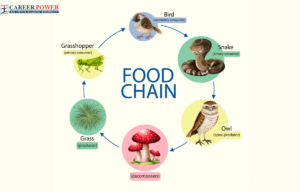 Food Chain: Definition, Types, Examples,...
Food Chain: Definition, Types, Examples,...
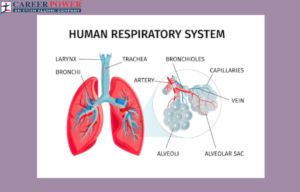 Human Respiratory System: Definition, Di...
Human Respiratory System: Definition, Di...













